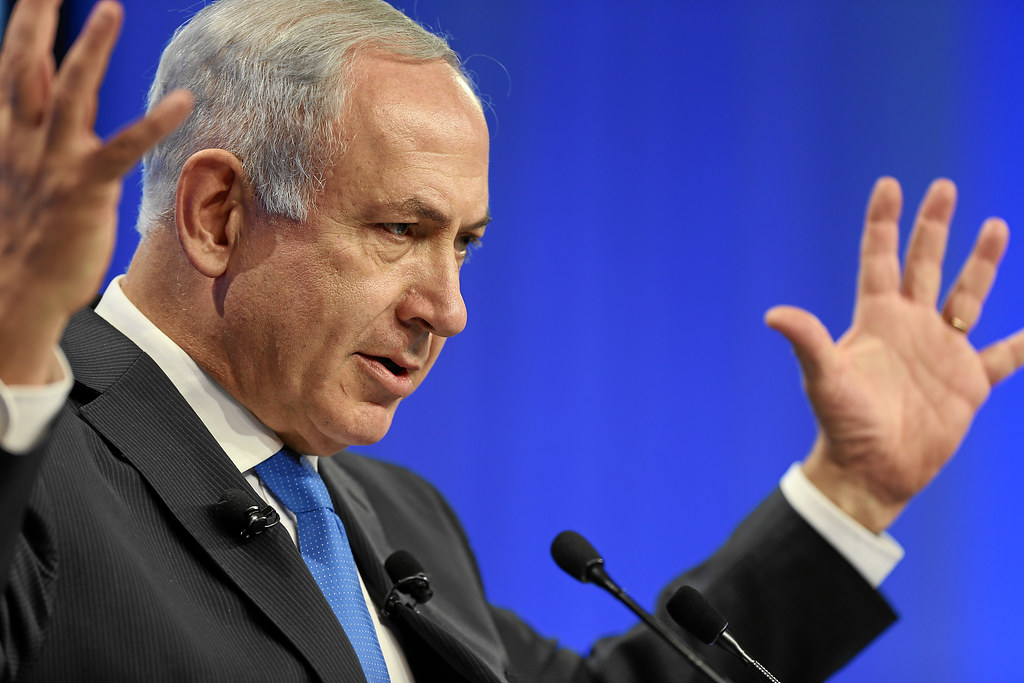Israel’s Ongoing Military Campaign in Gaza and Growing International Isolation
Saerom Han (Sookmyung Women’s University)
Since the breakdown of the ceasefire, Israel’s renewed offensive in Gaza has resulted in over 3,000 Palestinian deaths, according to Gaza’s Health Ministry. The escalation has been accompanied by severe restrictions on humanitarian aid, pushing many in the enclave to the edge of starvation. This dire situation has drawn widespread international criticism, including from traditionally staunch allies like the United States. Even former President Donald Trump, known for his unwavering support of Israel, acknowledged the humanitarian crisis during a recent trip to the Gulf.
Despite mounting global pressure, Prime Minister Benjamin Netanyahu remains committed to continuing military operations, citing the need to dismantle Hamas. However, analysts note that his hardline position is largely driven by domestic political considerations. Leading a fragile coalition reliant on far-right factions, any substantial shift toward de-escalation could jeopardize his grip on power. This stance, however, increasingly clashes with both Israeli public sentiment and shifting international norms. Recent polls show that a significant majority of Israelis now prioritize the release of hostages over continued warfare, and a growing number support normalization with Saudi Arabia, contingent on ending the conflict and moving toward Palestinian statehood.
Internationally, Israel is facing unprecedented diplomatic backlash. Long-time allies such as the UK, France, and Canada have begun to distance themselves, citing Israel’s actions as disproportionate and morally indefensible. These countries have paused trade negotiations, summoned Israeli diplomats for formal reprimands, and imposed targeted sanctions, particularly against West Bank settlers accused of violence. The EU is also reviewing its association agreement with Israel, while Spain’s prime minister has gone as far as labeling Israeli actions as genocidal.
Despite these rebukes, Netanyahu has doubled down, accusing Western leaders of appeasing terrorism. However, the increasing alignment of global and regional actors around peace initiatives, alongside domestic dissatisfaction, signals that Netanyahu’s strategy of prolonged conflict is increasingly untenable. Unless Israel adapts to this evolving diplomatic landscape, it risks deepening its international isolation and destabilizing its internal political order.
가자지구에 대한 이스라엘의 군사 작전 지속과 국제적 고립
한새롬 (숙명여자대학교)
이스라엘의 가자지구에 대한 군사 작전이 지속되고 있다. 가자 보건부의 발표에 따르면, 종전협상 중단 이후 현재까지 약 3,000명 이상의 민간인이 사망하였으며 이스라엘의 지속적인 봉쇄 조치로 인해 식량과 의약품 등 인도주의적 지원이 사실상 차단되면서 수천 명이 기아 위기에 직면한 상황이다. 이 같은 상황은 전통적인 우방국인 미국 내에서도 비판 여론을 불러일으켰으며 도널드 트럼프 전 대통령은 최근 중동 순방 중 가자의 인도적 위기를 공개적으로 언급하기도 하였다.
그럼에도 불구하고 베냐민 네타냐후 총리는 군사 작전의 필요성을 강조하며 하마스 제거를 목표로 한 작전 지속을 강행하고 있다. 이는 내부 정치적 요인과도 깊은 관련이 있다. 네타냐후 총리는 극우 성향 정당들과의 연립정부를 기반으로 정권을 유지하고 있으며 이로 인해 전쟁 종식이나 협상으로의 전환은 곧 정치적 리스크로 직결될 수 있다는 분석이 제기되고 있다.
국제사회는 점차 이스라엘에 대한 비판 강도를 높이고 있다. 영국, 프랑스, 캐나다 등 주요 우방국들은 공동 성명을 통해 이스라엘의 군사 작전을 강하게 비판하였으며, 영국 정부는 자유무역협정 협상 중단, 이스라엘 대사 초치, 서안지구 정착민에 대한 제재 조치를 단행하였다. 유럽연합 또한 이스라엘과의 연합 협정 검토에 착수하였으며 스페인 총리는 이스라엘을 ‘집단학살 국가’로 규정하는 등 외교적 압박 수위를 높이고 있다. 한편, 이스라엘 내부에서도 전쟁 장기화에 대한 피로감이 고조되고 있다. 여론조사 결과, 이스라엘 국민 다수는 군사 작전보다는 인질 석방을 우선시하고있다.
이처럼 국제적 고립이 심화되고 국내 여론 또한 분열되는 가운데, 네타냐후 총리가 선택할 향후 진로는 이스라엘의 외교적 입지 뿐만 아니라 중장기적인 정치적 안정성에 중대한 영향을 미칠 것으로 전망된다.

